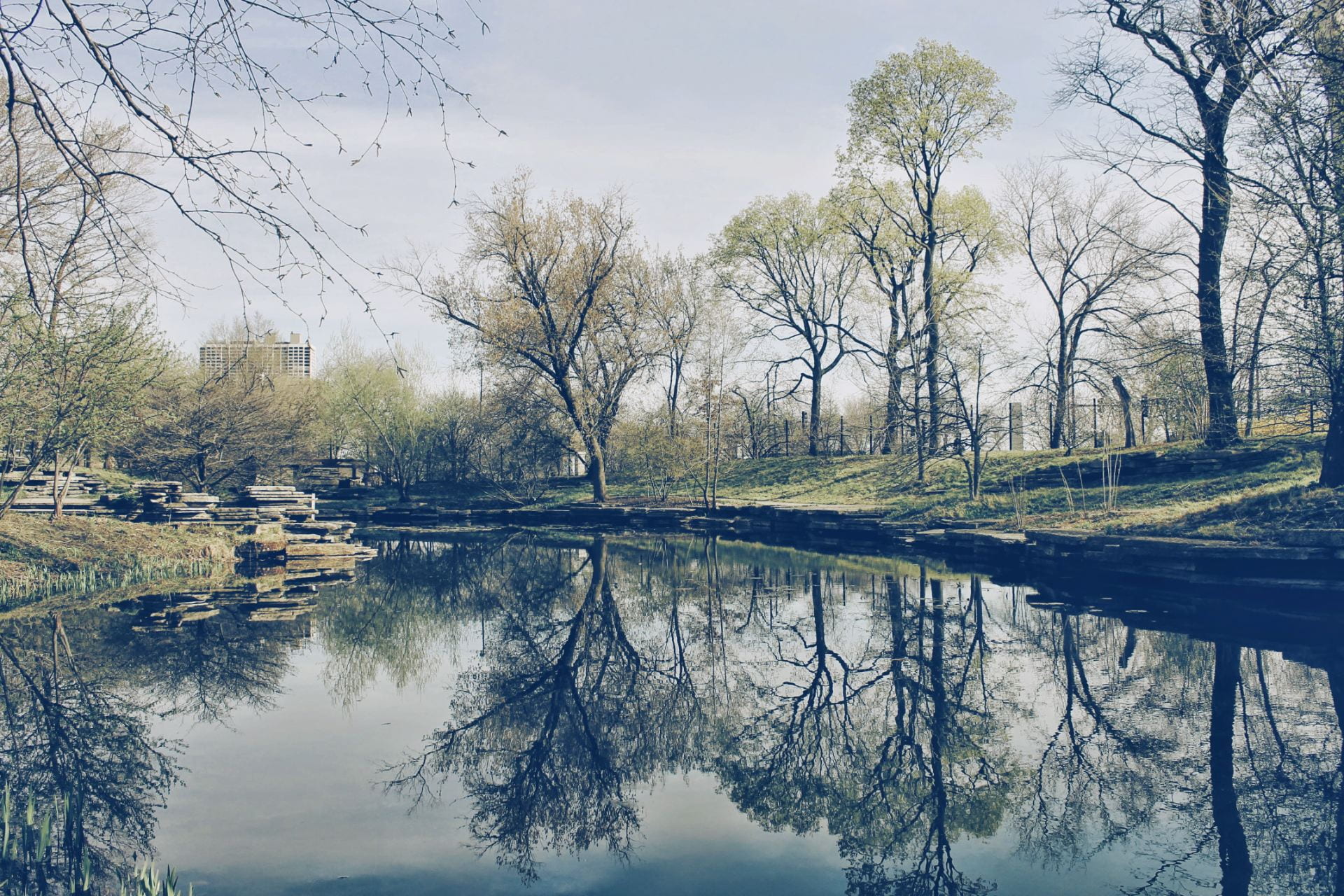Spring Update from the Mansueto Institute during COVID-19

We hope that our friends, students and colleagues are doing as well as they can be in the midst of the COVID-19 pandemic and these rapidly changing times that are affecting every city and every settlement across the globe. Amidst this crisis, the Mansueto Institute is continuing its interdisciplinary and systemic approach to urban scholarship to better understand the processes that shape and sustain cities. An event like this provides us not only with a crisis that will only be resolved through knowledge and well-informed social action, but also with an X-ray on the fabric of our lives. We can appreciate, perhaps like never before, the value of the myriad of complex interconnections that support us and that we are now having to temporarily interrupt. These connections are the essence of cities so that the present crisis is an especially tough challenge for urban environments in a fast urbanizing world.
Towards helping generate appropriate responses and solutions, our scientists have been analyzing real-time data to quantify the impact of coronavirus outbreaks on cities everywhere: We are modeling the dynamics of the outbreak in U.S. cities and in other nations where data are available towards estimating its growth rates place by place, and the effects of health interventions and impacts of socioeconomic life. Confirming many of the findings from urban science at the best of times, we see large metropolitan areas bearing the brunt of the fastest outbreaks and devising some of the approaches that may be transformational in the long run.
We are also collaborating with international partners, including scientists and government officials in Europe, India and several African countries. We are leveraging the Million Neighborhoods map to analyze the most acute challenges informal settlements face in halting or slowing the spread of the virus. Because of high density and lack of services, slum-dwellers lack the ability to “shelter in place” and face limited access to clean running water for hand washing, among other extreme challenges. Two of our Postdoctoral Fellows are also establishing new approaches to ethnography in South America, including documenting best practices for virtual ethnographic research.
Since mid-March, the Mansueto Institute, like the rest of the world, has prioritized the health and safety of our community and embraced remote working, research, and learning. Our first big online event was a virtual kick-off for our Environmental Frontiers Campus initiative, where we announced summer research opportunities for undergraduate students interested in our campus’s environmental sustainability. We look forward to finding new, innovative ways to engage our students and community and transition to online leadership and learning in urban science in the midst of this crisis.
Unfortunately, we have made the difficult decision to cancel our 2020 Galapagos Urbanization and Sustainable Development Studio, an annual 6-week research study of the built environment and resource consumption of the Galapagos Islands, as well as our Global Sustainability Summer School in Santa Fe planned for this July/August. However, we look forward to resuming these two summer programs in 2021, both of which offer incredible opportunities to develop the next generation of urban scientists focused on researching global, sustainable urban development.
Through the pandemic and beyond, the Mansueto Institute will continue our special approach to researching and studying cities and urban innovation, relying on the interplay of disciplines and the rigorous analysis of data that characterizes all of our work. Pandemics are especially challenging for large cities because of their dense interaction networks that underlie all that they do. More than a hundred years ago, great advances in scientific medicine and public health, along with modern urban planning, were made in London and other large cities to understand cholera. This knowledge and the public policies it eventually enabled changed the world, ushering in a century of fast human development and global urbanization. We must be equal to our own challenge today.
